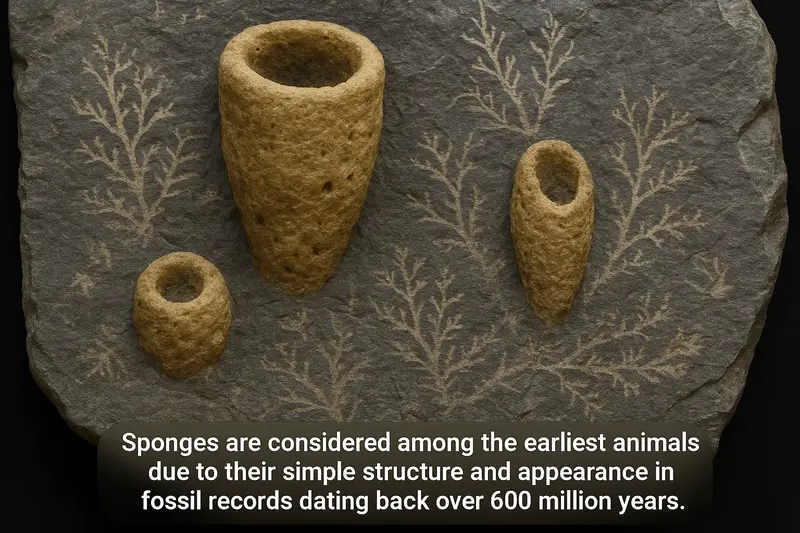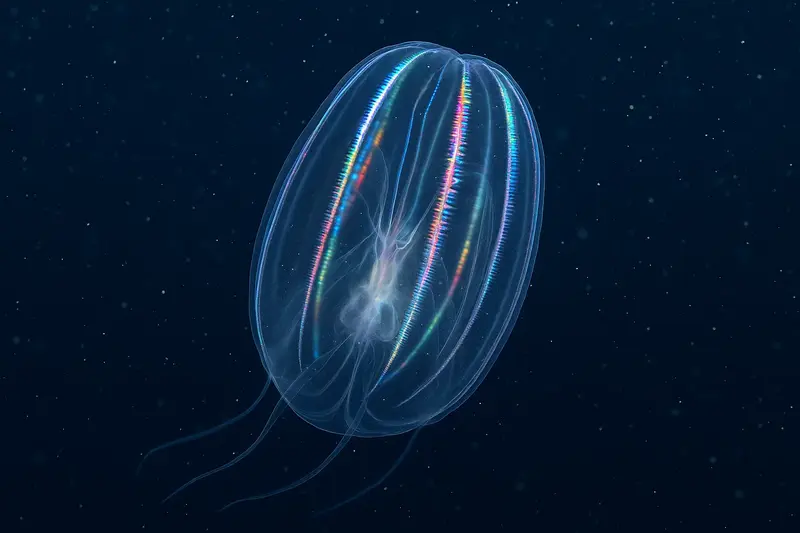The question "Which is the first animal created?" intrigues humanity, stirring curiosity about life's origins, evolutionary history, and philosophical or religious perspectives. This article explores diverse viewpoints, scientific discoveries, and cultural narratives surrounding the emergence of the first animal.
Evolutionary biology suggests that life on Earth began billions of years ago, with single-celled organisms gradually evolving into complex multicellular animals.
Fossil records from the Precambrian era provide evidence of early animal life, indicating that the first animals were simple, aquatic organisms.
Sponges are considered among the earliest animals due to their simple structure and appearance in fossil records dating back over 600 million years.

Comb jellies are another contender, with genomic studies suggesting they may represent one of the earliest animal lineages.

These organisms also feature prominently in discussions about early animal life due to their ancient lineage and primitive body structures.
Genetic studies and molecular biology techniques help scientists trace evolutionary lineages, providing insights into which organisms appeared earliest.
Analyzing fossil remains allows paleontologists to reconstruct the early history of animal evolution and identify possible earliest species.
Many cultures worldwide have myths detailing the creation of the first animals, each offering unique narratives reflecting cultural values and beliefs.
In religious traditions such as Christianity, Judaism, and Islam, scriptures detail creation sequences, sparking theological discussions about the first animals created.
Identifying the earliest animals enhances our comprehension of life's complexity and evolutionary processes.
Insights into early animal evolution provide essential knowledge for fields like genetics, ecology, and conservation biology.
Ongoing fossil discoveries continue to reshape our understanding of early animal life, providing new candidates and evidence.
Technological advancements in genomic research allow for deeper exploration into ancient DNA, clarifying evolutionary timelines and relationships.
Philosophically, the concept of the "first animal" raises questions about the nature of classification, existence, and the criteria used to define animal life.
The human pursuit of knowledge regarding origins reflects innate curiosity and the desire to understand our place in the natural world.
The topic of the first animals is crucial in education, enhancing students' understanding of biology, earth sciences, and critical thinking skills.
Discussions about life's origins engage the public, fostering scientific literacy and appreciation for ongoing scientific research.
Incomplete fossil records pose challenges to pinpointing exact species or timeframes for the emergence of animal life.
Scientists continue to debate various hypotheses, emphasizing the complexity and ongoing nature of scientific inquiry.
Early animals significantly shaped marine ecosystems, laying the groundwork for subsequent biodiversity.
Understanding the ecological roles of ancient animals helps explain evolutionary pressures and environmental adaptations.
Studying early animal life provides insights into modern biodiversity, ecological balance, and species conservation.
Exploring ancient origins highlights the continuity and interconnectedness of all life forms, emphasizing ecological and evolutionary relationships.
The question of which was the first animal created remains open to interpretation from scientific, philosophical, and cultural perspectives. Continued exploration and discovery promise to shed further light on this fascinating topic, enriching our understanding of life's profound origins and ongoing evolutionary journey.
animal tags:
We created this article in conjunction with AI technology, then made sure it was fact-checked and edited by a Animals Top editor.